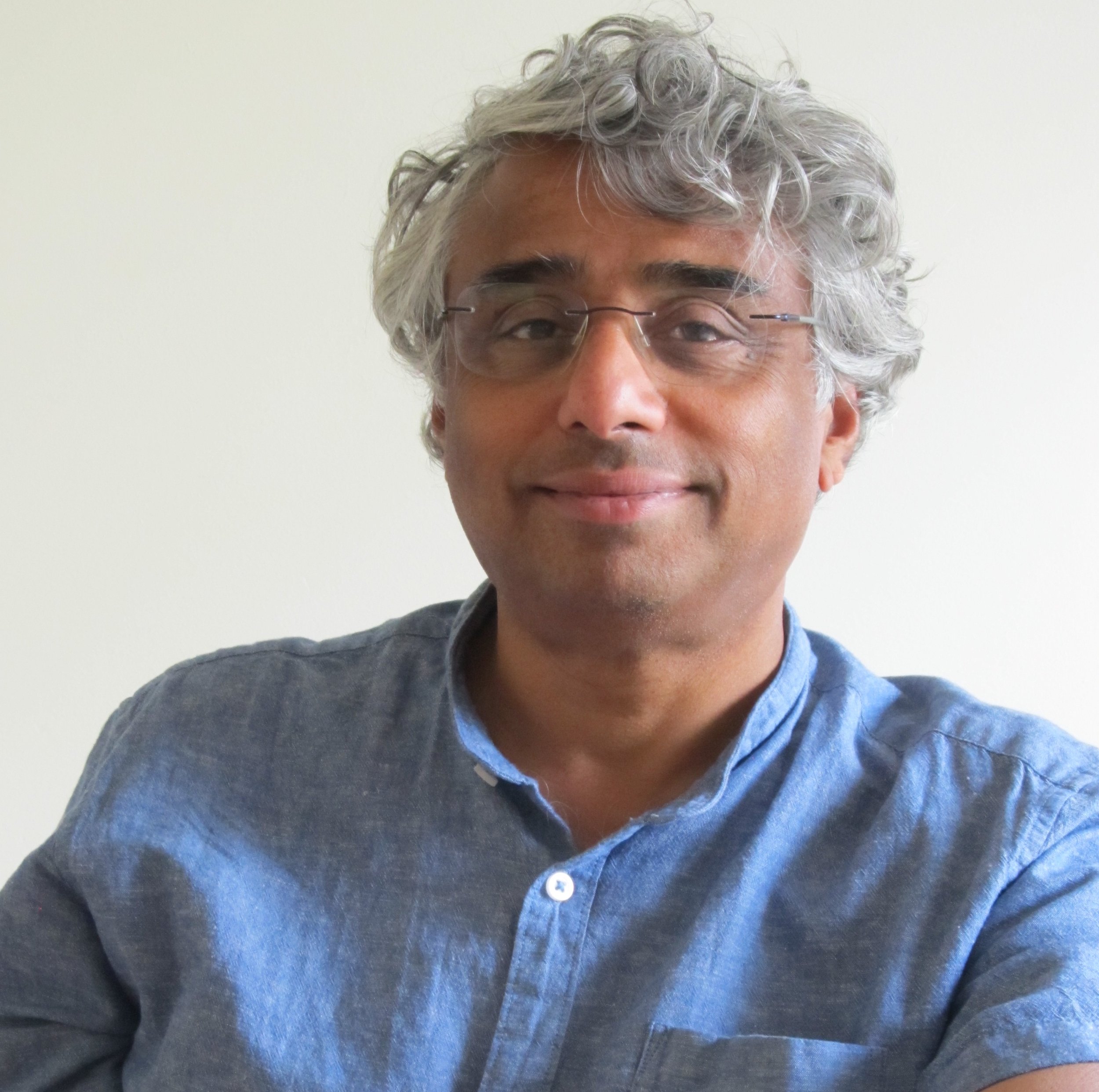An Infatuating Conversation with Amal Chatterjee
Photo Credit: Courtesy of Author
Amal Chatterjee is an author and creative writing educator based in Amsterdam and Oxford. His writing encompasses novels, short stories, theatre plays, and non-fiction articles.
Born in Sri Lanka, raised in India, and resident of various European countries, Amal enjoys mixing influences and ideas in his writing. His novel, Across the Lakes, was shortlisted for the Crossword India Best Novel Award in 1998, while his short fiction has been published in numerous countries, including the Netherlands, India, and the UK. Amal’s non-fiction work has appeared in publications such as Prospect, Huffington Post, The Independent, and Hindustan Times and includes the book Representations of India, 1740-1840 (1998). Amal has also edited and contributed to Writers on Writing (2013), featuring writing from the US, the UK, India, Pakistan, Ireland, and Australia. In 2017 and 2018, two of Amal’s short plays, Dreams of England and Finding José, were staged by the Tamasha Theatre Company and Pokfulam Road Productions at London venues, including the Arcola and Theatre503. A recipient of the Scottish Arts Council Writers Bursary and shortlisted for a Creative Scotland Award. Amal is an advisor for the Literary Festival of the Hague. He serves as Senior Course Tutor for the Master’s Program in Creative Writing at the University of Oxford. He has run workshops and creative and academic writing courses in Aarhus, Amsterdam, Coimbra, Glasgow, Paris, and Prague.
UZOMAH: Did you choose writing, or did it choose you?
AMAL: It definitely chose me! I’ve always wanted to write, wrote stories as a child, wrote much of the school magazine when I was about 14. Using pseudonyms, but everyone knew it wasn’t a big school!
U: What makes a great work of literature?
A: Staying power. Which is to say that it needs to make an impression on readers, an impression that lingers, that people go back to. Which is why myths last, and stories that resonate across time.
U: What advice do you give your students about writing that you have taken yourself?
A: Never give up, keep writing, keep trying. And keep trying new things, whether that is form, genre, style, plot, theme - whatever takes your fancy. Most writing is practice, so don’t worry that it isn’t the end, it isn’t perfect. Learn all the time.
U: What book you have authored would you give a reader who has never heard of you to give a sense of who you are as a storyteller and why?
A: Writers on Writing (Creative Writing, 2013) as it gives a sense of how I write and how others I admire do too.
U: What early experience taught you that language had power?
A: Tough to pinpoint one, there are so many. Growing up in what was then Calcutta, now Kolkata, I was often struck at how words and language were used to influence interactions, people used different words and languages to create impressions and to re-inforce or establish relationships - and, unfortunately, but very tellingly, power relationships between those with privilege and those with little to none.
U: What is the most challenging part of your artistic process?
A: Starting over. Most projects, be they stories or articles, plays or anything, need to be revisited. Over and over, often begun again. Not necessarily from the beginning but as if beginning again.
U: What makes a great sentence?
A: Memorability. A choice of words that is apt and sits together. Which the words in that previous sentence - or this - probably don’t!
U: What are the most critical elements of writing that make the first five pages compelling?
A: Something needs to click. Several things really, not particular ones, but enough to grab the reader, to have the reader thinking, “Wait, I want to know what happens next” or “What this is about/who they are/why.” In other words, it’s got to both settle the reader into its world and have them wanting to know more. About something, or even several things.
For more information about Amal’s writing, please visit his site.
